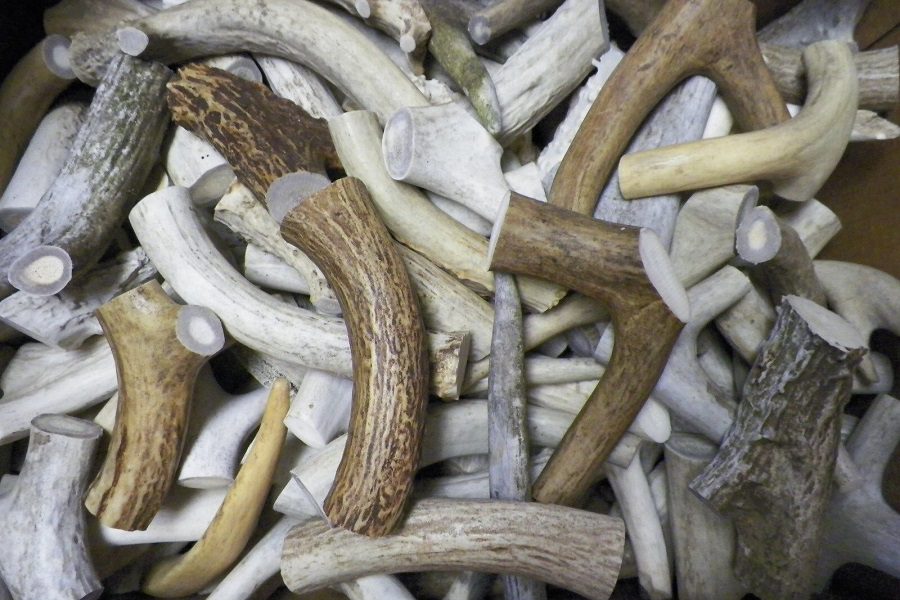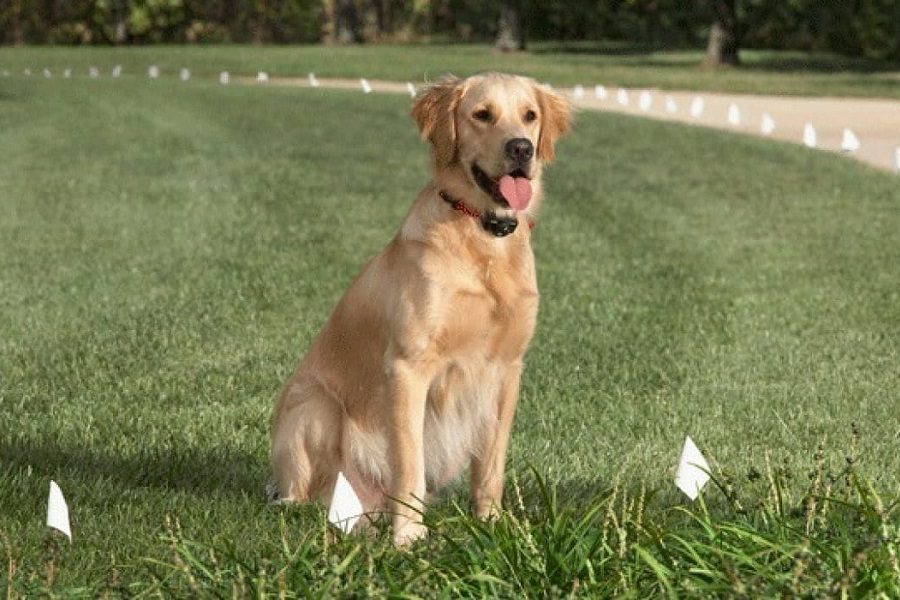Last Updated: 1 year ago
Do dogs have COVID?
That is the question on a lot of people’s minds lately. With the recent spread of COVID, many pet owners are wondering if their furry friends are at risk.
The answer is that yes, dogs can have COVID. However, it is not the exact same kind of COVID that humans have.
What Is COVID In dogs?
The type of COVID that dogs can have is called canine respiratory coronavirus. This virus is similar to the one that causes kennel cough in dogs. It is a highly contagious virus that can cause severe respiratory illnesses in dogs.
Dogs that contract COVID can show signs of coughing, sneezing, and a runny nose. They may also have a fever and be lethargic. In severe cases, dogs can have difficulty breathing and develop pneumonia.
The canine respiratory coronavirus is most commonly spread through contact with infected dogs. It can also be spread through contact with contaminated surfaces or objects.
The virus can live on surfaces for up to 48 hours. This means that if you come into contact with an infected dog, you can potentially infect your own dog if you are not careful.
The good news is that there is a vaccine available for canine respiratory coronavirus. This vaccine is typically given to dogs that are at high risk of contracting the virus, such as those who go to dog parks or boarding facilities.
The vaccine is not 100% effective, but it can help reduce the severity of symptoms if your dog does become infected.
If you think your dog may have COVID, it is important to contact your veterinarian right away.
They will be able to perform tests and determine the best course of treatment for your pet. In most cases, dogs with COVID can be treated at home with rest and fluids. However, some dogs may require hospitalisation for more severe respiratory illnesses.
There is no evidence that dogs can spread COVID to humans. However, it is always a good idea to practice good hygiene habits around your pets, such as washing your hands after being around them and avoiding kissing or hugging them.
If you are sick, it is best to avoid contact with your pet altogether.
Symptoms Of COVID In Dogs

The most common symptom of COVID in dogs is a dry cough. Other symptoms can include:
- Fever
- Runny nose
- Sneezing
- Lethargy
- Loss of appetite
If your dog is showing any of these symptoms, contact your veterinarian right away. Early diagnosis and treatment are important for the best possible outcome.
How to Prevent COVID in Dogs
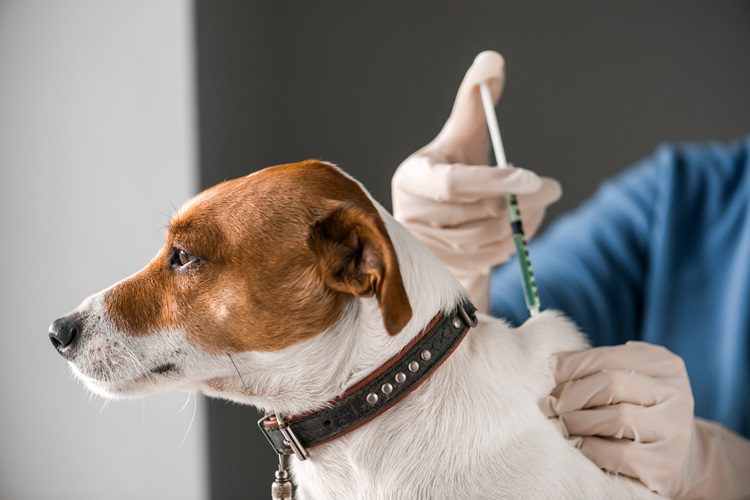
At present, there is already a vaccine available for dogs that can help protect them from the virus. The best way to prevent your dog from contracting COVID is to keep them up to date on their vaccinations and to practice good hygiene habits around them.
You should also avoid bringing your dog to places where there is a high risk of exposure to the virus, such as dog parks or boarding facilities. If you must take your dog to these places, make sure they are up to date on their vaccinations and that you practice good hygiene habits yourself.
Differences Between COVID In Dogs And Humans
The symptoms of COVID in dogs are similar to those in humans, but there are some important differences to be aware of. For example, while fever is a common symptom in both humans and dogs with COVID, respiratory issues are more common in dogs.
Other symptoms that have been reported in dogs include vomiting, diarrhoea, lethargy, and loss of appetite.
However, it is important to note that these symptoms can also be indicative of other illnesses, so it is always best to consult with your veterinarian if you are concerned about your dog’s health.
At present, there is no evidence that suggests that dogs can transmit COVID to humans. However, as the virus continues to evolve and we learn more about it, this could potentially change.
So, what can you do to protect your dog from COVID?
The best thing you can do is keep them up-to-date on their vaccinations and make sure they are healthy.
If you must take your dog out in public, be sure to keep them on a leash and avoid contact with other animals.
If possible, it is also best to avoid crowded areas where the virus may be more likely to spread. By taking these simple precautions, you can help keep your dog safe from COVID.
What Is the Most Effective Way to Know If My Dog Has COVID?
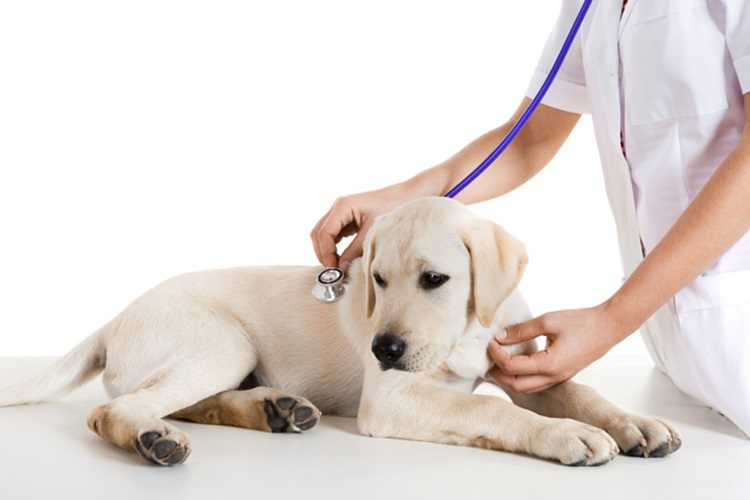
The best way to know if your dog has COVID is to take them to the vet. They can run tests and determine if your dog is sick. If you are concerned that your dog may have COVID, be sure to call your vet and make an appointment.
COVID can be a serious illness for both humans and animals. However, by taking some simple precautions, you can help keep your furry friend safe from this virus.
When Should I Take My Dog To The Vet?
You should take your dog to the vet if they are showing any signs of illness. This can include coughing, sneezing, fever, or difficulty breathing.
If you think your dog may have COVID, be sure to call your vet and make an appointment immediately. This way, your vet can determine if your dog is sick and what the best course of treatment may be.
Can My Dog Die Of COVID?
Yes, unfortunately, dogs can die from COVID. However, this is rare, and most dogs who contract the virus will recover without any serious health complications.
If you think your dog has COVID, be sure to take them to the vet right away so they can get the care they need.
Do I Need to Worry About My Dog Getting COVID?
No, you do not need to worry excessively. Overall, there is no need to panic if you think your dog may have COVID.
While it is a serious illness, most dogs who contract the virus will make a full recovery. Be sure to take your dog to the vet if they are showing any signs of illness and follow all recommended precautions to help keep them safe and healthy.
FAQs About COVID in Dogs
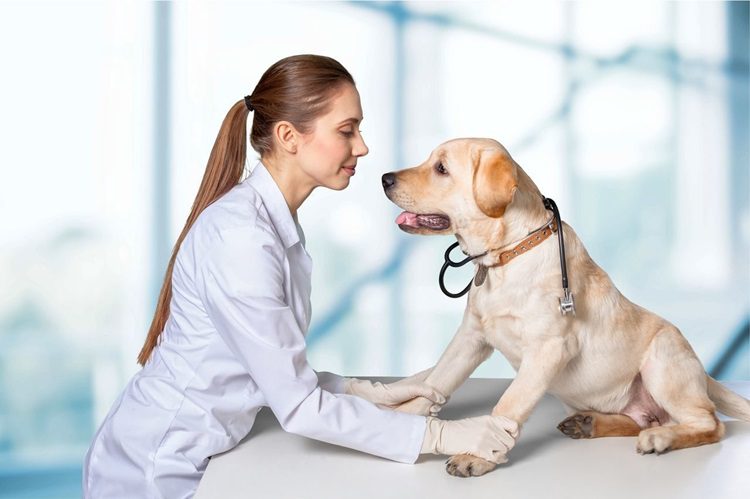
Where can I test my dog for COVID-19?
You can have your dog tested for COVID at your local vet’s office or animal hospital.
COVID in dogs is different from the human version of the virus, so your dog will need to be tested specifically for it.
Can dogs die from COVID-19?
Yes, dogs can die from COVID, but this is rare.
The vast majority of dogs who contract the virus will make a full recovery.
Can dogs get COVID from humans?
Yes, dogs can get COVID from humans. If you are sick with COVID, it is important to take precautions to avoid spreading the virus to your dog.
This includes washing your hands before and after handling your pet, not sharing food or personal items with them, and avoiding contact with other animals while you are sick.
Can dogs get COVID-19 symptoms?
Yes, dogs can show symptoms of COVID. The most common symptoms in dogs are fever, lethargy, and loss of appetite.
Other less common symptoms include coughing, difficulty breathing, and diarrhoea.
What should I do if my pet gets sick and it might be COVID-19?
If your pet is displaying any symptoms of illness, it is important to contact your veterinarian.
They can help you determine if your pet needs to be seen and how to best protect yourself and others from the virus.
Final Thoughts
Can dogs have COVID?
The answer is yes, but they are not believed to be a major source of the virus. If your pet does get sick, it is important to contact your veterinarian and take precautions to protect yourself and others.
It’s important to remember that COVID in dogs is different from COVID in humans. However, COVID in dogs is still a serious illness that can cause death. If you have any concerns, contact your veterinarian immediately.

